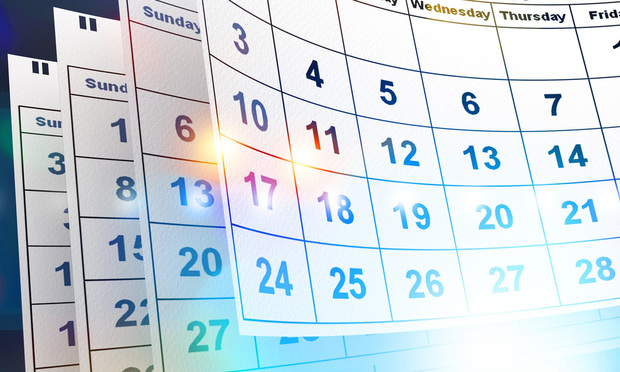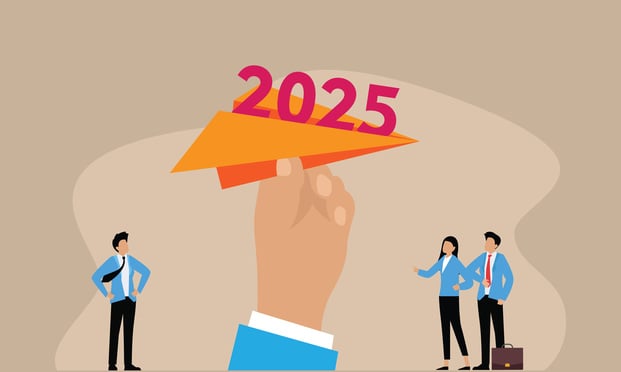It's not uncommon for communities to postpone or cancel fireworks shows because of drought conditions, but this year, the practice is more prevalent.
From Utah to Indiana, state and local officials are eschewing annual displays to avoid triggering more wildfires. Western states especially are exercising extreme caution, as crews continue to battle the aggressive blazes that have burned through thousands of acres and hundreds of homes.
On June 14, Colorado Gov. John Hickenlooper issued a statewide ban forbidding the private use of pyrotechnics. Meanwhile, more than 30 cities and counties across Colorado have shelved municipal fireworks displays. Fort Collins, located a few miles from the High Park Fire that has burned more than 87,000 acres, is among the cities opting for live music and other, less combustible, festivities this year.
The city of Boulder has also cancelled its Independence Day fireworks after the Flagstaff fire burned 300 acres only 1.5 miles from town. At least nine fireworks displays have been canceled in Colorado Springs, site of the devastating Waldo Canyon fire that has destroyed more than 300 homes.
Additionally, officials have canceled displays or issued warnings restricting private fireworks in Arkansas, Illinois, Indiana, Kansas, Missouri, Utah and Wisconsin.
In 2011, about a third of the country was in drought. Now nearly three-quarters is, according to the latest U.S. Drought Monitor map, a weekly analysis of dryness across the nation. The parched conditions have been aggravated by a dry, mild winter and above-normal temperatures.
This year, fires have charred more than 1.8 million acres in the U.S., and parts of Utah, Colorado, Wyoming and Montana have issued warnings for extreme fire danger.
According to the National Fire Protection Association (NFPA), fireworks caused an estimated 15,500 reported fires in 2010, including 1,100 structure fires and 300 vehicle fires. When the smoke cleared, eight civilians had died, with another 60 injured and total property damages of $36 million.
On Independence Day in a typical year, far more U.S. fires are reported than on any other day, and fireworks account for two out of five of those fires, more than any other cause of fires, according to the NFPA.
Want to continue reading?
Become a Free PropertyCasualty360 Digital Reader
Your access to unlimited PropertyCasualty360 content isn’t changing.
Once you are an ALM digital member, you’ll receive:
- Breaking insurance news and analysis, on-site and via our newsletters and custom alerts
- Weekly Insurance Speak podcast featuring exclusive interviews with industry leaders
- Educational webcasts, white papers, and ebooks from industry thought leaders
- Critical converage of the employee benefits and financial advisory markets on our other ALM sites, BenefitsPRO and ThinkAdvisor
Already have an account? Sign In Now
© 2025 ALM Global, LLC, All Rights Reserved. Request academic re-use from www.copyright.com. All other uses, submit a request to [email protected]. For more information visit Asset & Logo Licensing.








